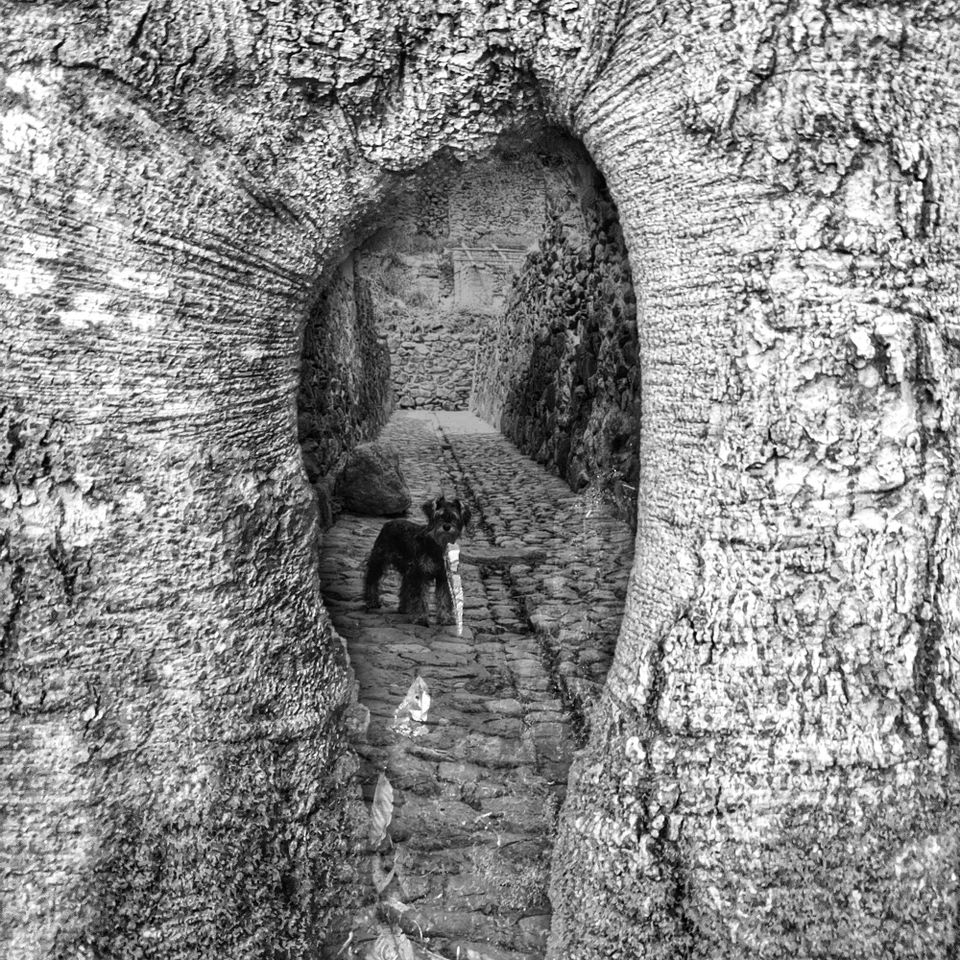A Toast For Armenia

It is important here in these end times — if end times they be — to take time to nevertheless appreciate what life gives us. This is Heat Death, a newsletter that knows everything tastes better, as it were, toasted.
Early June finds the Brothers Elbein speeding away from their rare summit in Atlanta back to our respective corners of the country, whence we will continue bringing you more writings on e.g. frontier history, obscure biology, and half-forgotten pulp sci-fi.
The Brothers found Atlanta bursting with brilliant new greenery. We roped our mother, Rivka, and Saul's partner, Anush, into a amphibian-hunting expedition up some of the side creeks behind Emory University’s Hahn Woods. A cool late spring hung over the city: Asher carefully pulled smooth rocks out of the creek beneath an overcast sky, pointing out the tiny, adolescent dusky salamanders hiding in the pools below. Many, in keeping with the amphibious nature of the salamander, still had their gills — the sign of both water still healthy enough to nurture amphibians, and of a new generation rising to fill it.
This sense of new life — green shoots coming back — fills the world in another sense. The last time we Brothers came through Atlanta — seperately — it was still the height of quarantine. We had dinner with our parents from the far side of a ten-foot long table, like something out of the breakfast montage in Citizen Kane. It was the kind of constricted covid social event which we all spent 2020 and early 2021 learning to tolerate: the kind that mostly served as a reminder of all that we were missing.
This was different. Our uncles flew in from Houston; Anush's extended family joined the Elbeins for the first time in a cornucopious feast on our parents' deck. It was not normalcy but something somehow sweeter: the relief that comes with returning from a long absence. In the place where the penitent stands, the Talmudic Sages wrote, even the most holy cannot stand — which is to say, there is something particular in the return that is not provided by simply never leaving home.
On Friday night, inaugurating the Shabbat meal, our father, Brad Elbein, raised his glass in an unaccustomed toast to those assembled. Before the meal, he said, he wanted to offer a shechiyanu – the traditional Jewish prayer offered at life cycle events great and small. It is intended and generally used for ritual occasions – the first matzo or sukkah of the year, the return of the New Year or Day of Atonement – though one imagines it also works for quieter, no less significant moments. The first magnolia flowers, spreading in great porcelain-white bowls of perfume; the first time the mating pair of red tails behind my parents house shows itself in spring; the first return of a family together after a long absence.
The shehechiyanu is a prayer that seems to spring out of an awareness of the Heat Death: to a world where it is far easier for things to be broken and built, we say:
Blessed are you, Lord God Ruler of All, who has kept us alive, sustained us, and arrived us to this day.
That final strange construction – vhigiyanu, “arrived us” — reflects the somewhat alien tendency of Hebrew and the Semitic languages to use a root-verb in many different forms, particularly to suggest exotic notions of causality. In some schools of Jewish mysticism, the world is viewed as a flickering fire, constantly on the verge of going out. By this interpretation, it is the constant attention of God that sustains it; God, therefore, who has brought us through.
And though it assumes there is a God who will set things right, the shehechiyanu blessing carries within it the awareness that good times — stability, structure, ease — are outliers. We hope they will come, and that we pray will last, but that we do not mark as being part of the natural state of things. It marries optimism and pessimism: they are not the default — and precisely because of that, when they come, they must be recognized, bowed to, sealed with a blessing.
Today we have two pieces for you on that theme. First, from the trenches of Saul's union with Anush's Russo-Armenian family, a clinic on the art of the toast that will allow you to give a flawless address, first try. Saul follows that up with a dispatch from Armenia, where he's confronted with the nature of faith and deep time.
This is Heat Death. Stay with us.
